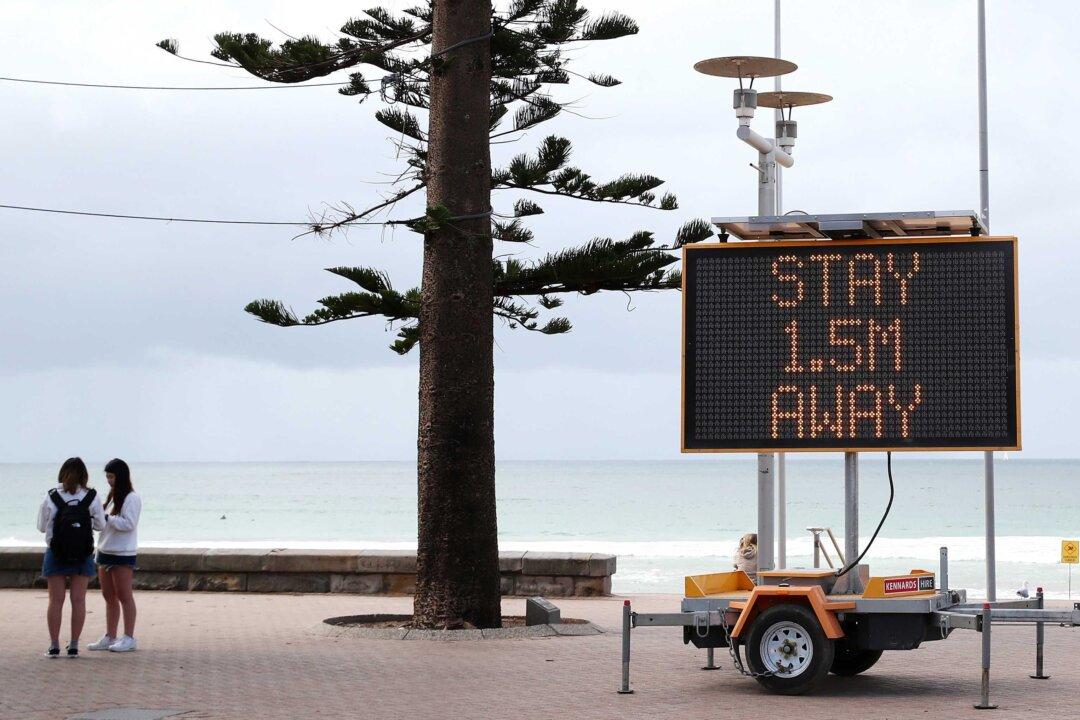Australia has been told that it needs to move on from its “fascination with zero cases” of the CCP virus and return to pre-COVID-19 normality, a health expert has said.
Prof. Shitij Kapur, Dean of the Faculty of Medicine at the University of Melbourne, said the nation had done a good job with the handling of COVID-19. However, it has left Australians stuck in what he termed a “golden cage.”





